
She/her | 22 | 🩷💛🩵-💚🩶🤍🩶💚Blogging about my various interests including TV shows, film, books, video games, current events, and the occasional meme. My letterboxed: https://boxd.it/civFT
123 posts
Latest Posts by sayaosi - Page 5
As much as Koisenu Futari is a show about love, or the lack thereof, it also does show how it can show up in many ways.
The focus is aromanticism and asexuality, yes, but also, we see the different points of view of the people around and how they relate to those types of love.
We have the junior, who thought that there was a spark between them and instead of dealing with the rejection and misunderstanding like a man he just... took some time off work and asked to change departments.
We have Minori (the sister) who seems to live the perfect romantic life and is following what society (and her parents) ask of her, and at the end, despite her love and her dutiful follow of those rules, she's being cheated on and breaks from what society demands (the divorce).
We have Kazu, who sees romantic love in a very weird lense (in my opinion) but slowly, while still holding his ideals, he understands that others are not necessarily like him and not only he ends up by respecting them and more or less understanding them, but he also is a (somewhat) good ally.
We have Chizuru, who does love but is lesbian. She is bound (through her love for Sakuko) to suffer because of a love that cannot be reciprocated. We see her deeply love and feel, and yet we do not see this love being satisfied.
A good point here is that the blame is not brought to Sakuko. Chizuru clearly says that she, herself, is the one to love and the one to get away because she rather have a friend live her life without having to worry about something she doesn't care about than forcing an unwanted love on her (Sakuko).
We have Sakuko's parents too, who seem to live the perfect traditional life. The mother doesn't seem too old, which would suggest that she followed the advice she gave to her daughters: marry and have children young. And through the series, she shows rejection, because aromanticism doesn't fit her understanding of life, then a slight acceptation: she still doesn't get it and wishes for Sakuko to marry and have children, but she also understands that cutting ties with her daughter for not accepting her making her own choices is stupid at worse, foolish at best, especially since at the end she just wants her daughter to be happy.
Last but not least, we have Takahashi. He is the textbook of "older queer" as in he knows where he stands, he understands how he feels about what, he has a way to show and share his experience to others (the blog), he clearly is used (and bored/annoyed) by the world's romanticism etc and he had cut ties with his parents. We don't have much on the parents' thing, but, or he left them because he couldn't be bothered with them being such a pain, or his parents rejected him because he's aroace. Either way, he is a pillar for Sakuko while she goes through her own aroace journey.
So at the end, we not only have a show about aromanticism and asexuality, but we also see how this pressure, this allocisheteronormativity of society, makes it hard on everyone and not just those who do not fit/do not follow those invisible rules.
The aroace narrative is wholesome and very well done, but it would be foolish to turn a blind eye on those other details (and growth) of the characters, which makes this series punch you in the gut so hard.






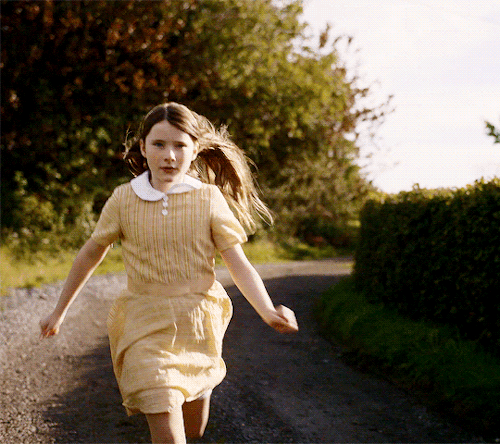
The Quiet Girl ‘An Cailín Ciúin’ (2022) dir. Colm Bairéad
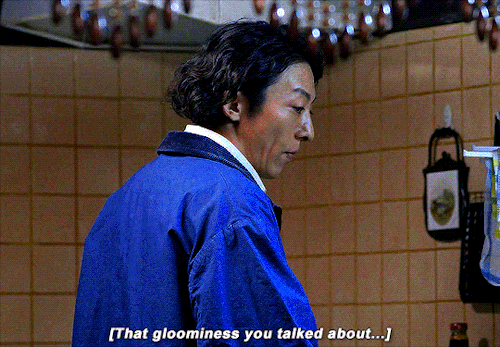

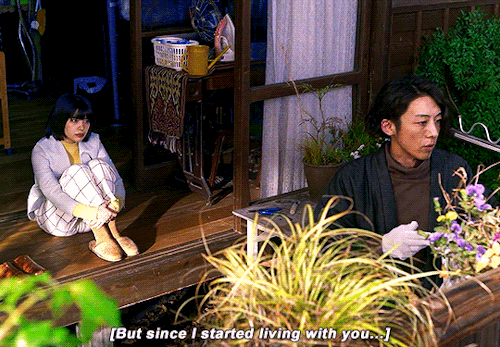



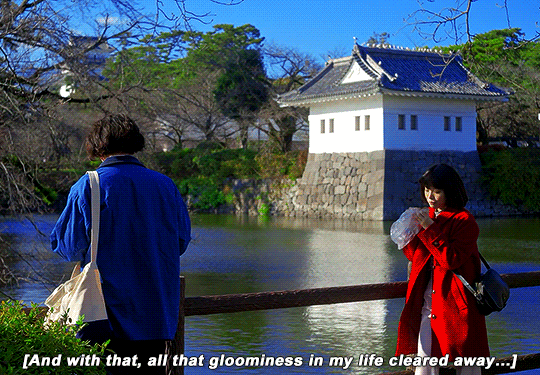
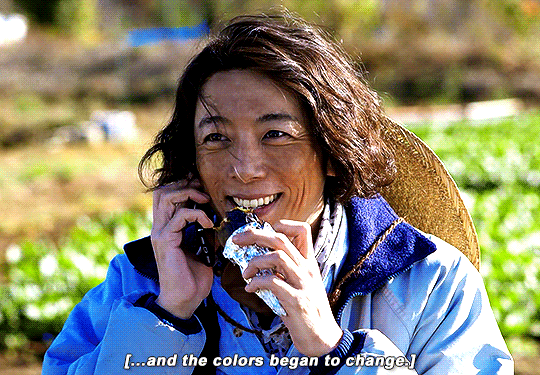
I don’t want to go back to being alone.